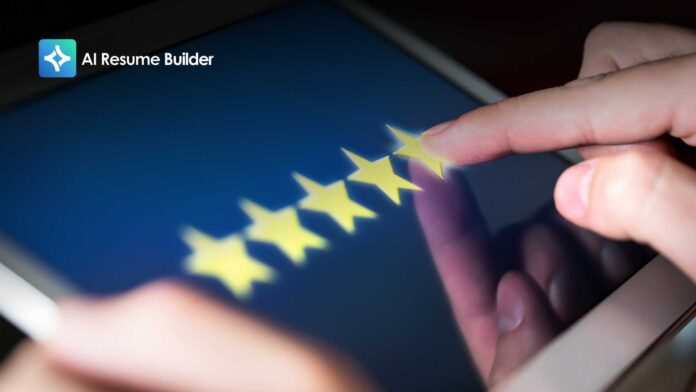The era of AI job anxiety just got a new data point. A survey from AIResumeBuilder.com finds that 3 in 10 U.S. companies plan to replace employees with AI in 2026, with administrative, customer service, and IT support roles topping the list of jobs most at risk.
Even more striking: one in five firms admit they already automated positions in 2025. And among those planning further AI-related layoffs next year, nearly 60% expect to cut at least 10% of their staff, while 1 in 10 anticipate replacing half or more of their workforce.
It’s a sobering signal that AI’s impact on employment is no longer theoretical—it’s operational.
“Even in roles at risk of automation, there’s still a need for people to manage, guide, or complement those tools,” says Rachel Serwetz, career advisor at AIResumeBuilder.com. “Professionals should identify the AI tools most relevant to their field and become fluent in how to use them effectively.”
Automation Takes Aim at Office Work
The survey of 1,250 business leaders highlights where automation is hitting hardest. Customer support (54%), administrative and clerical roles (49%), and IT support (47%) are the most frequently cited targets for replacement.
These areas overlap with the functions where AI adoption is already accelerating:
-
Data analysis (61%)
-
Meeting summaries (58%)
-
Research and information gathering (56%)
Translation: if a task can be standardized, AI is learning how to do it faster—and cheaper.
Industries bracing for the biggest AI-driven cuts include IT, software, finance, energy, accounting, telecom, HR, manufacturing, and retail—a mix that spans both white-collar and operational sectors.
The New Job Security: AI Fluency
While automation anxiety is rising, the same survey suggests there’s still a clear survival strategy: learn AI.
Two-thirds of business leaders say workers with AI skills enjoy greater job security, and a majority of companies hiring in 2026 report a strong preference for candidates who can use AI effectively.
This shift mirrors trends seen across LinkedIn and other hiring platforms in 2025, where “AI literacy” has emerged as one of the most in-demand professional skills—right up there with communication and project management.
Productivity, Reimagined
AI’s influence isn’t just about job loss—it’s also reshaping what “productivity” means. Nearly 9 in 10 companies (86%) say AI is making employees more productive, and more than half expect those using AI tools to produce significantly more work.
That’s both a promise and a pressure point.
“Instead of thinking in terms of ‘more work,’ it’s about working faster and smarter,” Serwetz adds. “If your role isn’t designed for higher output through AI, it’s important to align with your manager on realistic expectations.”
In other words: AI may not take your job—but it might change the job you have.
Join thousands of HR leaders who rely on HRTechEdge for the latest in workforce technology, AI-driven HR solutions, and strategic insights






